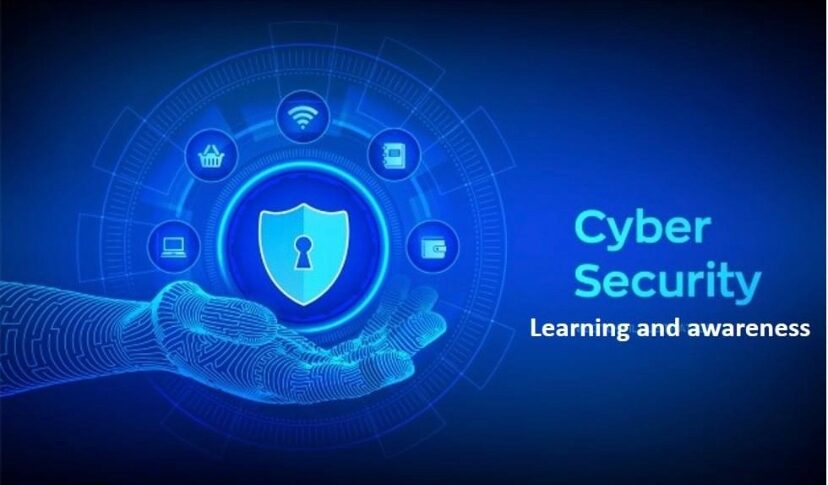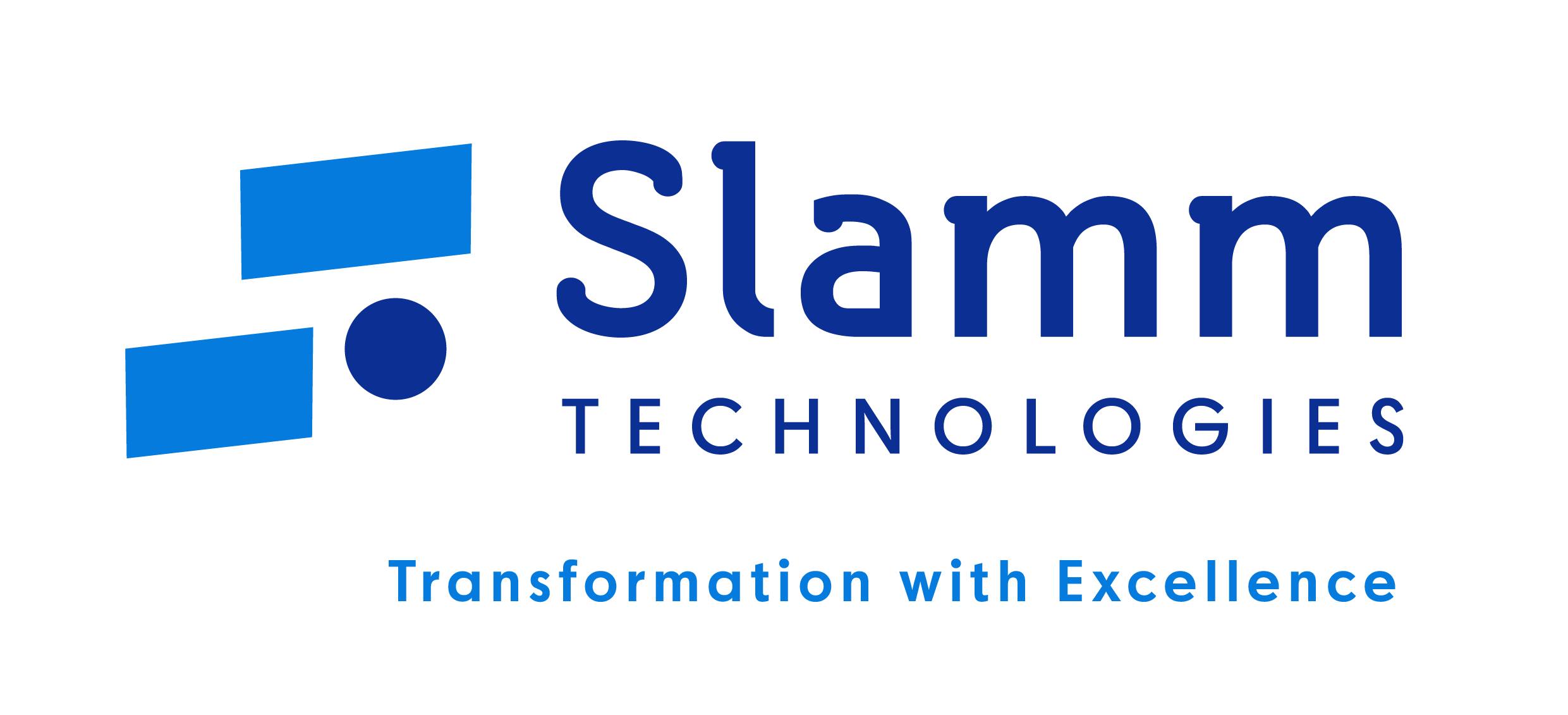
How To Get Started In Cybersecurity In 2023 — Pt2
Welcome back to part 2 of How To Get Started In Cybersecurity In 2023. I hope you learnt a lot in the previous post, and are now very much prepared to get into this exciting journey of I.T. after our roadmap which will continuously serve as a guide.
By now, we know how important it is to have a baseline or fundamental knowledge to kickstart our journey into the world of cybersecurity. Ideally, everyone will have a specialty they excel at in addition to a solid baseline in the fundamentals. It should not be expected that every one completely master each pillar. The intent is to master the fundamentals.
What You Need (Equipment)
You do not need a $2000 Gaming Laptop or a Desktop with 2 GPU’s and 10 TB SSD. This is completely based on your budget. You can get away with a $500 or even less if needed. Something like this should be good to get you started
- i5 or i7 with 4core processor
- 8GB or 16GB RAM
- 500GB or 1TB HDD
We need to keep in mind this document is about learning and labs you encounter will be geared towards this anyhow. So let have deep dive into the breakdown of the seven pillars we discussed.
Fundamentals Breakdown
- General Computing: Baseline knowledge to grasp includes CPU, RAM, firmware, HDD/SSD technologies, Building a PC, Caching, Processes, Threads, Buffers, Motherboards, Virtualization, Command Line Interface (CLI), File Structures, Hardware troubleshooting, etc. You should also be able to explain things such as the difference between something being stored in memory vs. something stored on disk. The basics of process injection. The difference between killing a thread and killing a process. Signing up on CompTIA A+ course should be your go to, to kickstart your career.
2. Computer Networking: I cannot stress enough on how important understanding networking would go a long way to make you good in this field. It is the next most valuable skill you’ll need to have. Remember that you must know how things work to exploit or abuse them. Virtually everything runs on a network, the organization you might work for obviously uses computers to share files and printers therefore, having a solid understanding of how devices communicate will go a long way to help you in your IT career. Topics to learn include: OSI Model, TCP/IP Suite, Switching & Routing Concepts, DNS, ARP, DHCP, HTTPS, NAT, IP Addresses, Subnetting, VLANs, TCP & UDP, Servers, Wireless Networking, Network Troubleshooting, etc. Having a great understanding of these concepts is the KEY to your success. While learning about the various topics, you need to also get your hands dirty by practicing and doing labs (exercises) and not just poking your noses in books and videos. The more you practice the more understanding and control you have about the topics and even ace an interview. You can study CompTIA Network+ materials to help you have a better understanding of the various technologies as the course is vendor neutral.
3. Security Concepts: Here, we are looking we are going to look at some security fundamentals that will help you identify security threats in the system and mitigate them. With cybercrime increasing day by day, as an Information Technology (IT) professional, it is essential to first understand these fundamental concepts. Baseline knowledge includes CIA Triad, Security Controls, Cryptography, PKI, IAM, Monitoring, Scanning and Pen testing, SIEM, Governance, Risk and Compliance, Application Security, Threats, Attacks and Vulnerabilities, Incidence Response and Disaster Recovery. Going after the CompTIA Security+ course is a great way to grasp all this fundamental knowledge.
4. Programming: Being able to write a basic script to automate a simple task; and being able to read and understand the overall idea of what someone else’s script or code is attempting to do is a valuable skill to have as cybersecurity professional. Here, you need to understand the concepts of loops, functions, variables, strings, integers, floats, dictionary, list, if and else statement, etc to know what a piece of code is doing. Learning programming and scripting languages like Python, PowerShell, Bash, C++ or C# can be ideal. For a start maybe python can be the go to language as it is much easier to start with as a beginner. Remember, you don’t need to master all these languages or be an expert you just need the fundamentals to build on it.
5. Linux: Be able to explain sudo, shadow and passwd files, user groups and proper installation and maintenance of software (repos). Be able to maneuver the OS with command line only and look for network connections and their related processes. Understand Directory Hierarchy, sudo accounts, /etc/shadow and /etc/passwd, ssh, telnet, ftp, Software Repositories among others. Use Linux as your daily driver to help you have a better understanding of the operating system.
6. Window OS: Be able to explain the function of the registry, the UAC, and tokens. Be able to maneuver the OS with command line only and look for network connections and their related processes. Possess basic PowerShell (a.k.a PoSh) abilities. UAC, Memory Paging, .msi vs .exe, DLLs, RIDs, SIDs, Tokens, Network Profiles, Server vs. Workstation, commands such as Netstat, whoami, ping, ipconfig etc.]
7. Traffic/Packet Analysis: Getting a deep dive into traffic analysis will make you spot what’s on the wire. Using tools like Wireshark or tcpdump should be your go to when analyzing packets. You keep practicing till you gain control over the subject and can be able to explain them in it simplicity.
Yes. That is a lot. First, to be good in this industry you will want to be familiar with each of these things and beyond. You will not learn it all over night nor should you try. Just refer back to this often as a guide. Be patient. Enjoy the journey.
A Note About Certifications
Certifications are a necessity in this industry. They are far more valuable than a college degree in my opinion. That said, don’t also be a paper tiger where you have a list of certifications and no idea what you are actually doing. Also, do not fall for the cert farm trap. These companies that promise you a career in only 5 weeks (or even a few months) away, and that for $20K they will get you there by ram rodding you through A+, Net+, Sec+, and CEH. They are practically stealing your money. If you find a place that will teach you essentially the fundamentals laid out here ask to talk to alumni and ensure the instructors are actual industry professionals.
Certs to Shoot for Early On includes
- CompTIA Network+
- CompTIA Security+
- ISC2 Certified In Cybersecurity
In my next article I will be showing you free resources you can use for self study as well as paid resources to help you supercharge your career.


